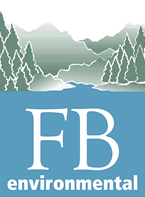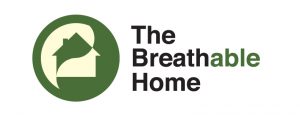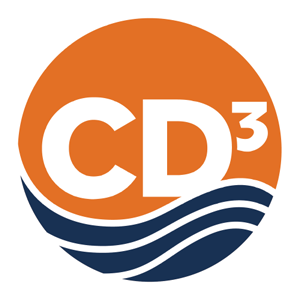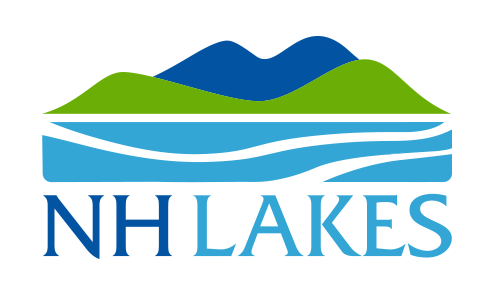Thank you for being a part of our 2021 wednesday webinar series!
In light of the continuing health concerns about COVID-19, we hosted our Maine Lakes Conference speakers in another series of "Wednesday Webinars."
This year’s theme, A Deep Dive Into the Lake Book, featured many interesting and relevant topics that correspond with our soon-to-be published 4th edition of The Lake Book. If you missed any of the webinars, all presentations were recorded with links below.
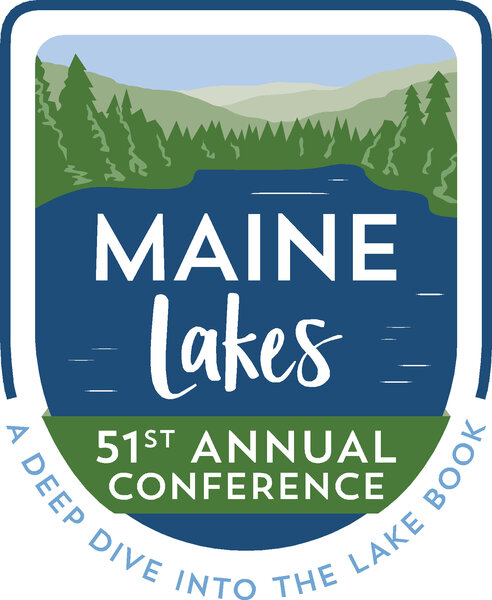
Are lakes as quiet and lifeless when frozen over as they seem? Lakes Environmental Association Research Director Dr. Ben Peierls talks about how the traditional view of wintertime lake dormancy is being revised. He discusses his recent winter research, including work at LEA, that gives us a new perspective on annual lake cycles, even as climate warming threatens whether lakes ice over at all. Enjoy a multimedia look at life and water quality under the ice and how we go about measuring that. Click HERE to watch a recording of the presentation.
Maine has thousands of lakes, and all are unique. However, many lakes share traits that help lake managers, watershed organizations, and researchers compare and evaluate them. This is especially important for lake assessments, which often compare a lake’s condition to the condition of reference lakes from minimally-disturbed watersheds. By determining which natural attributes of lakes and their watersheds have the strongest influence on lake condition, we can place lakes into categories that define what the conditions of certain types of lakes should be. These categories will help managers place lake data in the proper context for better evaluation and planning. This talk is about how lake types were developed for Maine lakes, and how these types may be applied to lake assessment and protection. Click HERE to watch a recording of the presentation.
Join us to hear from the most knowledgeable loon experts in Maine as they answer questions about loons, loon habitat, population trends, translocation, and much, much more. Panelists include Danielle D’Auria (Maine Dept. of Inland Fisheries and Wildlife), Lucas Savoy (BioDiversity Research Institute), Tracy Hart (Maine Audubon), Jim Paruk (St. Joseph's College) and Mark Pokras (Tufts Veterinary School Wildlife Clinic). Click HERE to watch a recording of the panel.
The history of Maine's lake watersheds includes natural phenomenon like glaciation, hurricanes, tornados, and forest fires as well as man-made changes due to logging, damming, agriculture, road building, development and lake use. Today large portions of most Maine lake watersheds are mature second- and third-growth forest. These forests are critical both to the high-quality water observed in most Maine lakes and the economy of Maine. Changes in the forest cover and forest health are therefore critically important. Don Kretchmer talks about the forests in our watersheds using historical accounts and photographs, analysis of sediments, old maps and computer simulations to shed some light on what our lakes might have looked like in the past when watersheds were cleared. That knowledge can also be used to predict what lakes might look like in the future depending on what happens in the watershed. The talk will finish with some recommendations for how we can support the variety of functions the forest provides. Click HERE to watch the recording.
The drought of 2020 was sudden and severe, and had very noticeable effects on surface water bodies across the State of Maine. Ryan Gordon, a hydrogeologist with the Maine Geological Survey, leads a discussion of basic hydrology, lake levels, water quality, and Maine’s most recent experience with drought. Click HERE to watch the recording.
For more than 20 years the Courtesy Boat Inspection (CBI) program has helped protect our lakes from the spread of invasive aquatic plants. Learn about the history of this program and how it has grown and evolved over time. We will also focus on the cost of the program and how vitally important it is to keep it going strong. New and current infestations, as well as at risk lakes, will be explored. Click HERE to watch the recording.
In most states, people of color and low-income communities are far less likely to have places to get outdoors near where they live. The “nature gap” is real and it is wide. Nationwide, communities of color are three times more likely than mostly white ones to be deprived of nearby nature---in the Northeast, it’s nine times. These disparities are not a coincidence, but rather the result of a long history of environmental racism. This webinar will look at recent research that affirms this and at how the conservation and outdoors movement can rethink and remake itself to be more just, inclusive and effective at guaranteeing nature as a right to all. Click HERE to watch the recording.
This important webinar is co-sponsored by the Bangor law firm of Gross, Minsky & Mogul, P.A., and by the Maine Lakes Environmental Justice Committee.
This talk focuses on multiple approaches that we use to decipher and understand how climate drives lake ecosystem features and responses over different time scales. Presented by Dr. Jasmine Soros, Associate Director, Climate Change Institute, University of Maine. Click HERE to watch the recording.
The conspicuous prevalence of harmful cyanobacteria blooms or HCBs (formerly referred to as HABs) has raised public awareness and concern over possible health risks to humans and wildlife. This presentation examines the potential health risks associated with toxic cyanobacteria and describe new information on the pathways of exposure, including air and water. The talk also presents recent advances in the development of tools and approaches to Citizen Science tracking of cyanobacteria, estimating levels of cyanobacteria toxins and predicting the timing of cyanobacteria blooms. Presented by James Haney, Professor, Center for Freshwater Biology & Exotoxicology at the University of New Hampshire. Click HERE to watch the recording.
Following our Annual Meeting, Karen Wilson, Ph.D. of USM's Department of Environmental Science and Policy, delivered the keynote address titled, "Understanding Lake Systems and Change: Alewife." To view the recording, click HERE.
Did you miss any of the presentations from our first Wedneday Webinar series in 2020. If so, you're in luck. Please click HERE to see the links to watch and read materials from that series.
Webinar Sponsors
Thank you to FB Environmental, The Breathable Home, Ecological Instincts, Hammond Lumber and CD3 Systems for their generous financial support that helps us bring this webinar series to you at no cost.
If your business would like to sponsor any of the upcoming webinars, please email info@lakes.me. Thank you!

